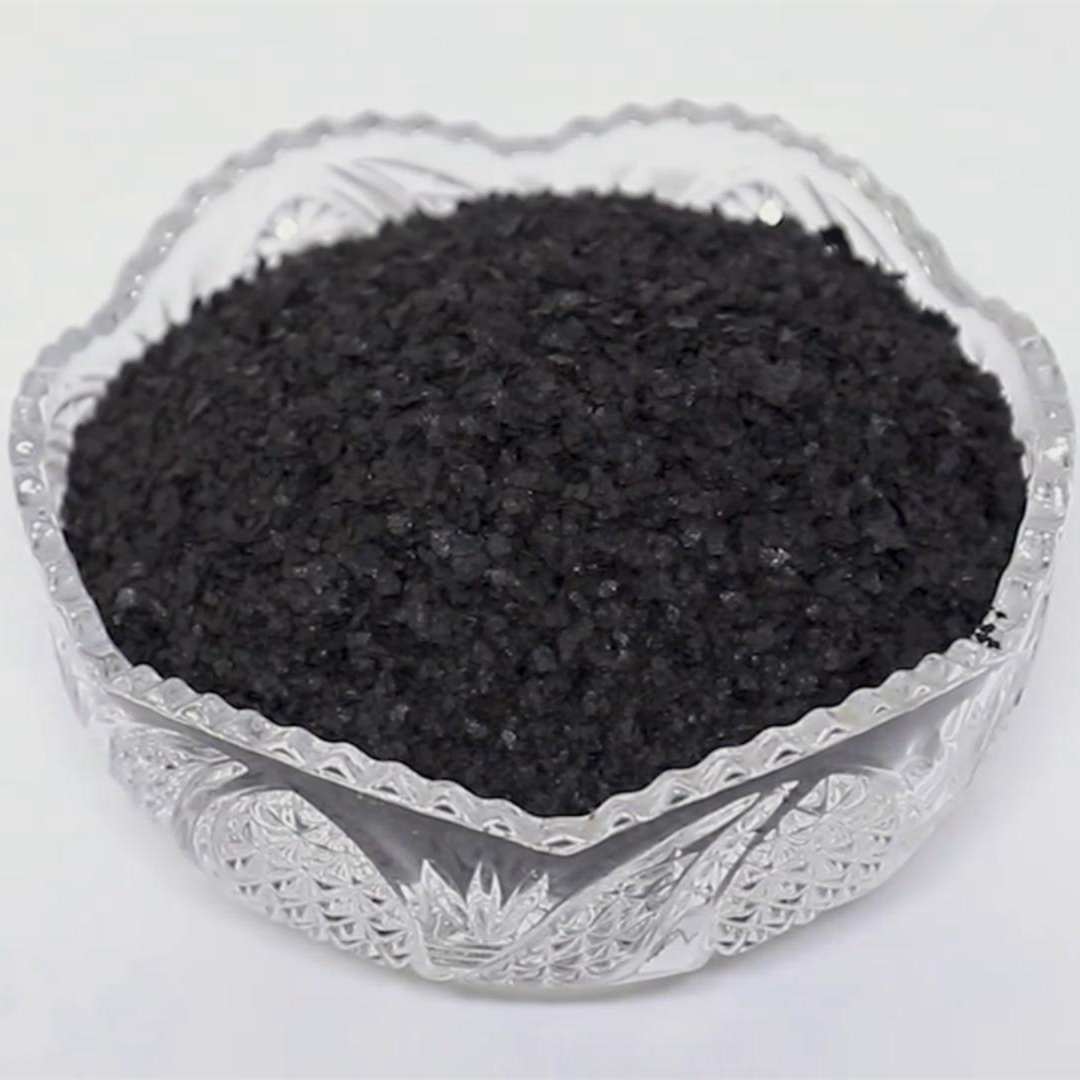
12월 . 11, 2024 12:26 Back to list
ammonium sulfate fertilizer blueberries
The Role of Ammonium Sulfate Fertilizer in Blueberry Cultivation
Blueberries are a popular and nutritious fruit, celebrated for their sweet flavor and high antioxidant content. As the demand for blueberries continues to rise, so does the need for effective cultivation practices that ensure healthy growth and maximize yield. One essential aspect of blueberry farming is soil fertility, and ammonium sulfate fertilizer has emerged as a highly effective option for enhancing blueberry production.
Understanding Ammonium Sulfate
Ammonium sulfate [(NH₄)₂SO₄] is a widely used inorganic fertilizer that provides both nitrogen and sulfur to plants. With a nitrogen content of about 21% and a sulfur content of 24%, ammonium sulfate is particularly beneficial for acid-loving plants like blueberries. Blueberries thrive in acidic soils with a pH range of 4.5 to 5.5, and the application of ammonium sulfate helps to maintain this favorable environment.
Benefits for Blueberry Growth
1. Nitrogen Source Nitrogen is a crucial nutrient for plant growth, aiding in the development of leaves and stems while also contributing to the overall vigor of the plant. Blueberries require ample nitrogen during their growing season, especially in the early stages of growth. Ammonium sulfate provides a readily available nitrogen source that promotes lush, healthy foliage.
2. Sulfur Supply Sulfur is another essential nutrient that plays a vital role in the formation of amino acids and proteins, which are necessary for plant metabolism. It also contributes to the synthesis of chlorophyll, the green pigment responsible for photosynthesis. Ammonium sulfate ensures that blueberries receive adequate sulfur, which enhances their growth and fruit quality.
3. Soil Acidity Maintenance The acidic nature of ammonium sulfate helps in maintaining the favorable soil pH for blueberries. Other nitrogen fertilizers might raise the soil pH, making it less suitable for acidophilic plants. Regular application of ammonium sulfate preserves the acidic environment that blueberries prefer, ensuring optimal nutrient uptake.
4. Improved Fruit Quality The use of ammonium sulfate has been shown to enhance the quality of blueberry fruits. Plants that receive adequate nutrition, particularly nitrogen and sulfur, tend to produce larger and more flavorful berries. This improved quality can lead to higher marketability and better sales for blueberry farmers.
ammonium sulfate fertilizer blueberries

Application Techniques
When applying ammonium sulfate fertilizer, it’s crucial to follow recommended guidelines to avoid over-fertilization, which can lead to nutrient runoff and environmental concerns. Here are some best practices
- Soil Testing Before applying any fertilizer, soil testing is essential to determine existing nutrient levels and soil pH. This information helps in making informed decisions about the type and amount of fertilizer needed.
- Timing The ideal time to apply ammonium sulfate is early in the growing season, typically in late winter or early spring. This timing aligns with the periods when blueberry plants are resuming growth and actively absorbing nutrients.
- Rate of Application The application rate can vary based on soil fertility and plant growth stage. Generally, a rate of 0.5 to 1 pound per 100 square feet is recommended for established blueberry bushes. It’s best to split applications into two or more doses throughout the growing season to maintain a consistent nutrient supply.
- Granular vs. Liquid Ammonium sulfate is available in both granular and liquid forms. Granular application is common for established plants, while liquid forms may be used for more precise nutrient delivery, especially in fertigation systems.
Conclusion
Ammonium sulfate fertilizer is an invaluable resource for blueberry cultivation, providing essential nutrients that support growth, fruit development, and overall plant health. By understanding the specific needs of blueberry plants and applying ammonium sulfate appropriately, farmers can achieve greater yields and higher quality fruit. As the popularity of blueberries continues to grow, innovative fertilization practices will be essential in meeting the demands of both consumers and the market. In a world increasingly focused on sustainable practices, the effective use of fertilizers like ammonium sulfate can help ensure the continued success of blueberry farming.
-
Organic 10-10-10 Fertilizer | Balanced Plant Nutrients
NewsJul.31,2025
-
Premium Amino Acid Fertilizer | Rapid Plant Growth Booster
NewsJul.31,2025
-
10 10 10 Fertilizer Organic—Balanced NPK for All Plants
NewsJul.30,2025
-
Premium 10 10 10 Fertilizer Organic for Balanced Plant Growth
NewsJul.29,2025
-
Premium 10 10 10 Fertilizer Organic for Balanced Plant Growth
NewsJul.29,2025
-
Premium 10 10 10 Fertilizer Organic for Balanced Plant Growth
NewsJul.29,2025
